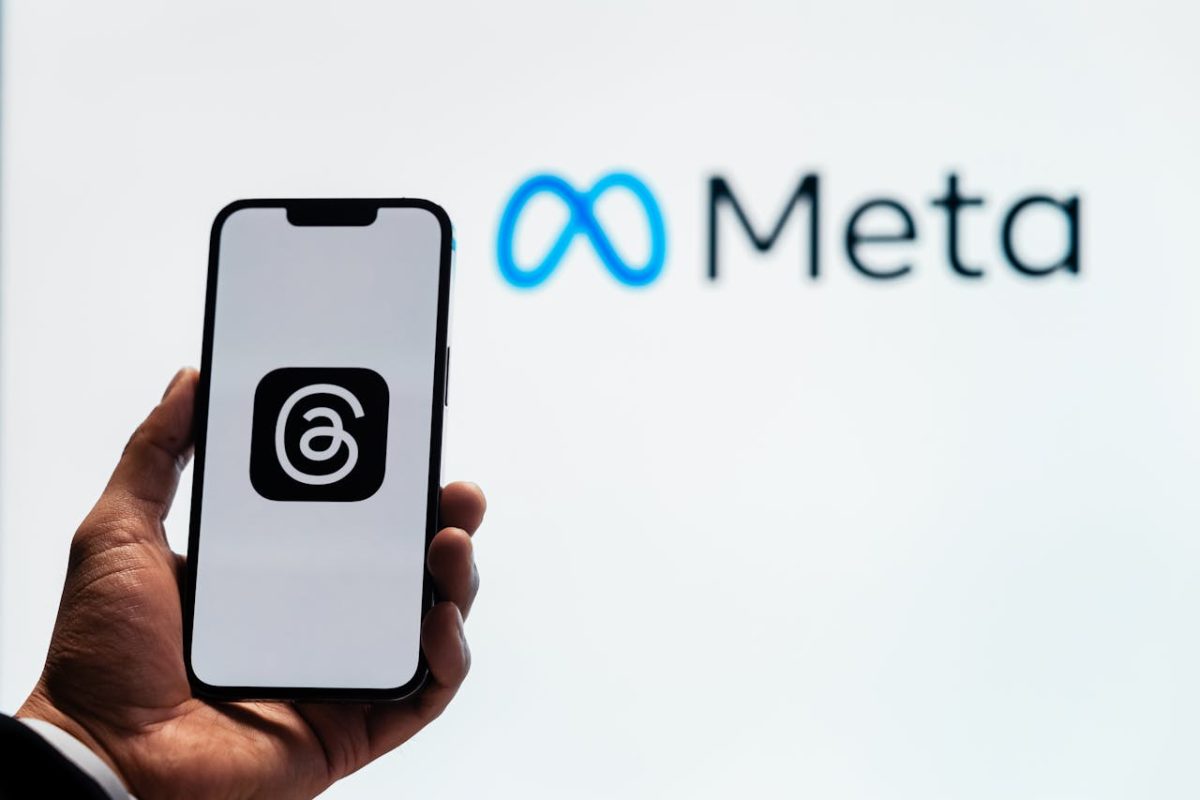The event primarily consisted of lightning talks from attendees sharing current projects, panel discussions on implementation challenges, and networking opportunities. Notably, much of the discussion was focused on institutional planning than classroom practice. A linkedin group was formed following the event to maintain contact and future summits are planned.
The event primarily drew institutional managers and ed-tech vendors, with some IT support staff and fewer frontline teaching staff present. This attendance profile shaped much of the discussion toward strategic implementation and management challenges rather than pedagogical practice.
Various people from Meta in the UK and from the US were present and a short ‘teaser’ presentation was given on the forthcoming Meta for Education product (due to be released by Easter 2025) – which appears to be focused on management needs for use of XR, rather than pedagogy support (e.g. through provision of educationally-focused applications). A Beta program of the product has been running over last few months with University of Leeds and Glasgow involved (amongst others).
Some of our other observations:
- Much of the discussion during sessions and in the breaks centred on broad practical challenges: device management, network requirements, support infrastructure – which are clearly a concern for the delegates present.
- That said, a few frontline academics shared pilot projects within their institutions, for example: Virtual workplace experiences (NTNU); Smart glasses for assessment (Sandwell College); Inclusive design through VR (Loughborough); Teaching soft skills using Bodyswaps (Imperial).
- Several educational XR companies were present, including Bodyswaps, VictoryXR, and Immerse language learning, sharing their experiences and solutions, though commercial presentations weren’t the focus of the event.
- It was interesting that Meta never once mentioned the term, “Metaverse’ and preferred to talk about XR and the links with AI (either to build experiences or as avatar tutors/historical figures) – in this respect a conversation/Q&A with Sir Nick Clegg was quite illuminating.
- Various staff engagement/training challenges were raised during the event – which will be important for the ALT/ Jisc XR group to consider moving forward. Getting teaching staff to move beyond initial curiosity to actual adoption; Finding time in already-packed schedules for staff to learn new tools; Convincing faculty that XR adds value rather than just complexity; Balancing enthusiasm from early adopters against wider staff hesitancy; The need for significant support time to help staff get started.
Key takeaways for ALT/ Jisc XR Community members
These challenges mentioned above are shared across the sector – and amongst community members. Whilst there is growing momentum to address them, no single institution has all the answers yet. Nonetheless, this shared experience presents an opportunity for continued collaboration and collective progress.

